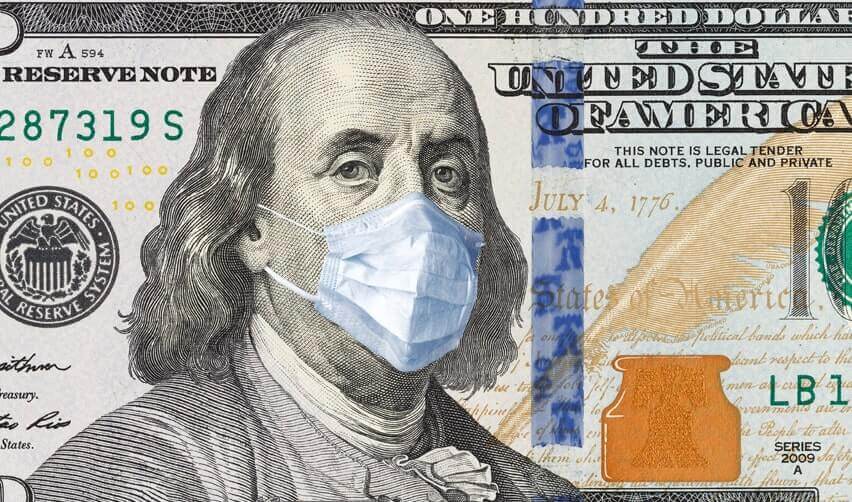The COVID-19 pandemic has had an impact on the EB-5 program, as evidenced by the closure of U.S. embassies and consulates abroad and United States Citizenship and Immigration Services (USCIS) public offices domestically. Immigration to the United States has come to a halt as a result of the pandemic, but this should not deter investors from immigrating once the pandemic is over. Here are a number of reasons why you should still immigrate to the United States after COVID-19.
Easier International Travel
One benefit of having an EB-5 visa is that it makes travel to and from the United States simpler, though you need to keep in mind the limitations on time spent abroad that comes with U.S. permanent resident status. After five years as a U.S. permanent resident, you have the option of applying for U.S. citizenship, which will allow you to travel abroad as often as you would like for as long as you desire.
Better Access to U.S. Colleges
U.S. colleges, such as Yale, Stanford, and Columbia, consistently rank among the top universities in the world. The quality of the education at U.S. colleges has not changed even as campus closures resulting from the COVID-19 pandemic have led to classes being moved online.
International students with EB-5 visas have the same advantages as U.S. citizens when applying to U.S. colleges, including a greater likelihood of getting accepted into U.S. colleges, access to more affordable in-state tuitions rates, and no employment restrictions. Additionally, EB-5 visa holders do not have to worry about renewing their student visa.
More Opportunities for the Lower EB-5 Investment Minimum
For EB-5 investors, the impact of the COVID-19 pandemic on unemployment rates brings with it the potential that more locations in the United States will be designated target employment areas (TEAs). This means that investors will have more opportunities to invest in EB-5 projects that have the lower required minimum investment amount of $900,000.
Economic Recovery
The current economic downturn in the United States is unique in that it is not a result of reduced consumer demand. This means that once the mandatory quarantines are lifted and people can venture outside again, businesses that are currently struggling will likely recover. In the meantime, the U.S. government has aid programs and loans in place to help businesses stay afloat.







